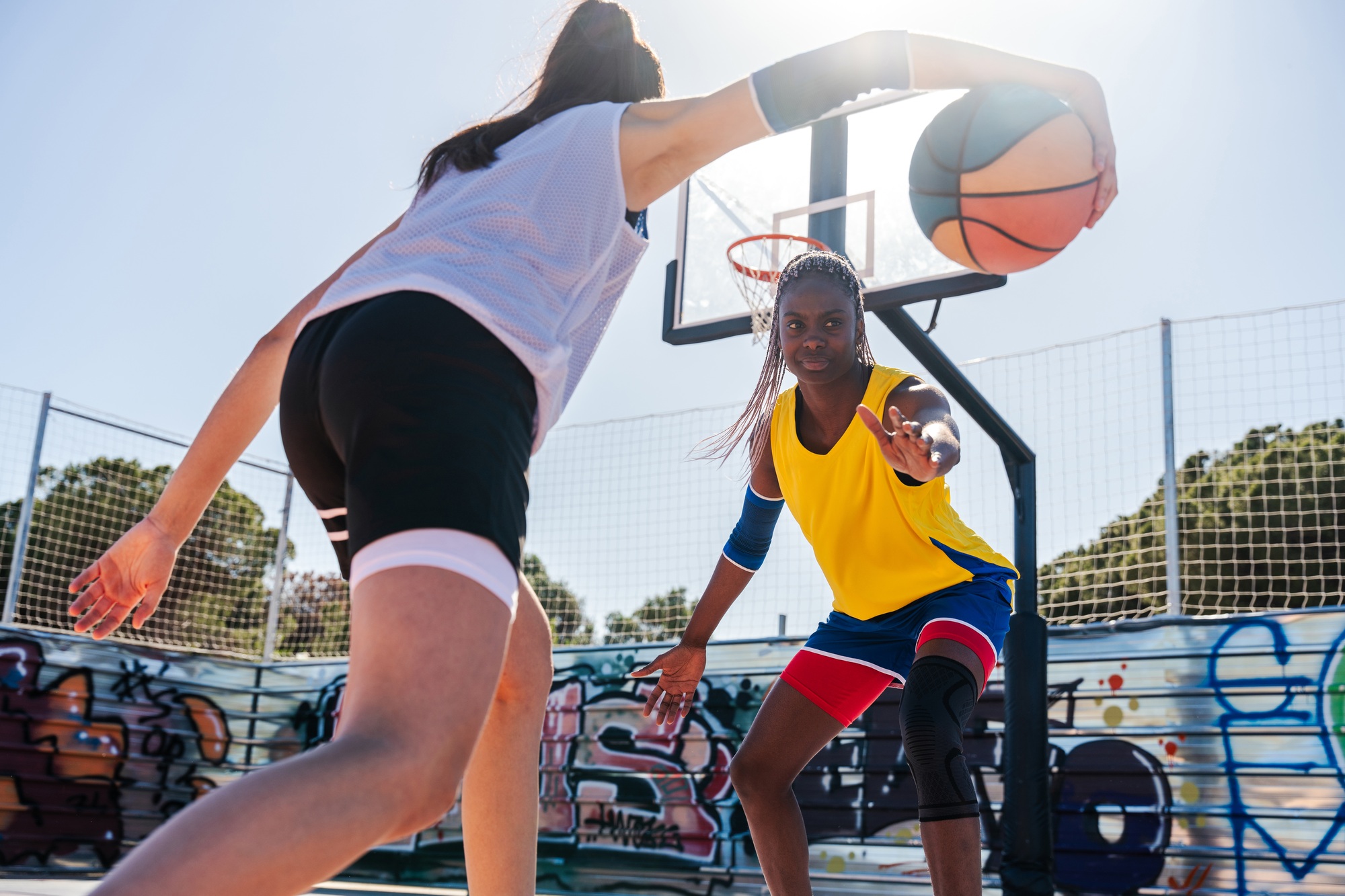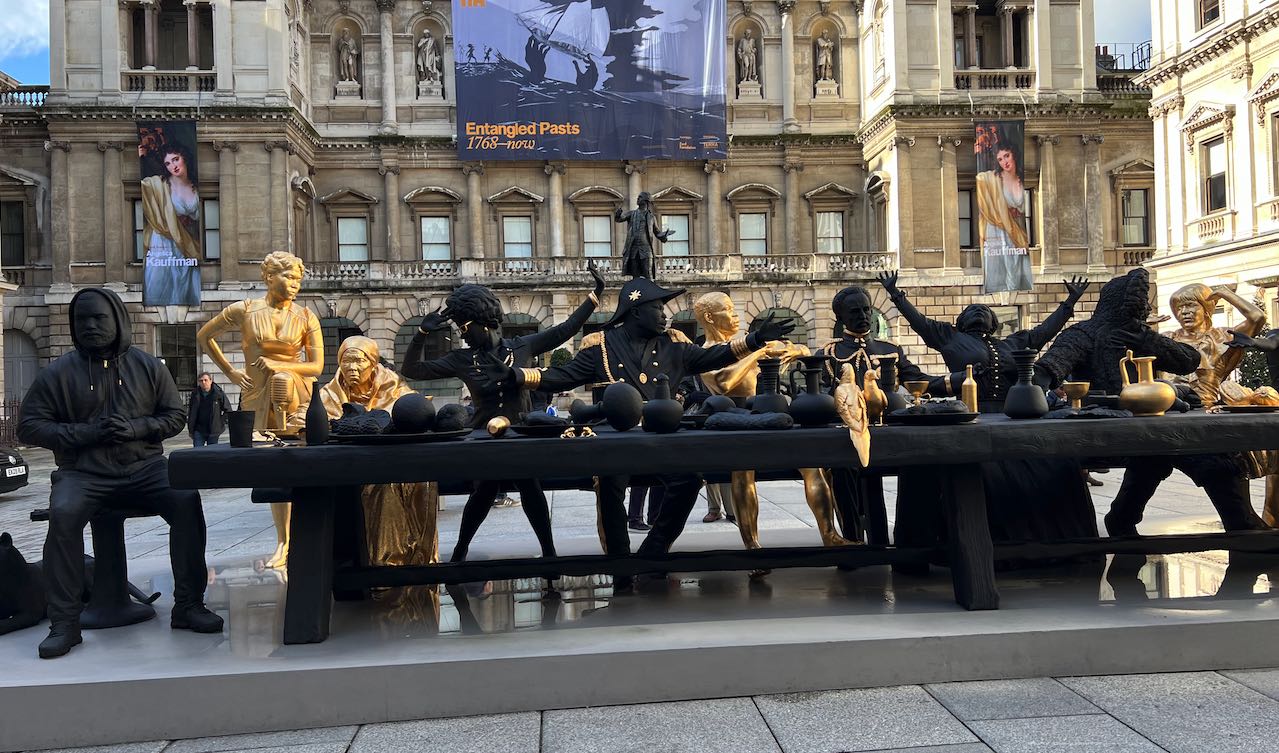In any organization, there will always be a great coming together of cultures, races and ethnicities. This is more than evident in the many educational establishments across the United States.
Another area that sees this diversity coming very much to the fore is sports. In a competitive environment in which emotions can run high, there is perhaps an even greater need for understanding and tolerance. Because college sports are ever closer to their professional level, for example, almost as much interest is paid to college football betting lines, making the importance of tolerance impossible to overstate.
The overseeing body naturally has the responsibility to ensure fairness and equality. To do so, it needs to clearly specify expectations, rules and sanctions for those who fail to adhere to the policies.
In the case of college sports, this is the responsibility of the National Collegiate Athletic Association (NCAA). As a result, they have done a great deal of work to ensure that multiculturalism is adequately acknowledged and addressed, and this has been achieved through a number of initiatives.
The importance of cultural competence
A diverse range of member institutions and athletes from different cultures and backgrounds are involved in its role as the overseer of all forms of college athletics in the U.S.
Therefore, it has been decreed that cultural competence is essential to ensuring fairness in all athletic activities.
At its most basic level, cultural competence is the ability to interact well with people from all cultural backgrounds and to understand and appreciate any differences that may exist. It is considered essential for achieving an inclusive environment that treats everyone equally.
Rules and regulations
To do this, the NCAA must introduce several rules and bylaws into its constitution to promote diversity and inclusion. The three key ones are as follows:
- Prohibition on discriminatory behavior (Bylaw 10.1)
- Requirements for diversity and inclusion training (Bylaw 20.9.2)
- Guidelines for culturally sensitive recruiting practices (Bylaw 13.1.2.1)
In addition to these, a number of policies have also been instituted, including the need for individual member establishments to devise their own diversity and inclusion plans. They have also mandated the need for cultural sensitivity training and education for both athletes and coaches.
Practical steps
To fully understand the breadth of diversity within the college sporting world, the NCAA maintains a comprehensive database of athletes who are active participants. This has proved to be a vital first step in promoting equality.
To help everyone appreciate differences rather than reject them, the NCAA also offers a wide range of training resources covering cultural norms. These include in-person sessions as well as links to TED talks and other presentations on race and identity.
Many of these contain powerful messages intended to provoke thought and provide a definite set of actions for participants to incorporate into their lives.
Another practical way the NCAA has proved to be a champion of multiculturalism is by wholeheartedly supporting the various cultural heritage months staged throughout the year.
February sees Black History Month, which honors the many generations of African Americans involved in the long, hard struggle to achieve equality and equal rights.
In May, it’s time to celebrate Asian American and Pacific Islander Heritage Month. Then, starting on September 15 to mark the date in the calendar when many Latin American countries achieved their independence, it’s Hispanic Heritage Month.
The year of cultural celebration is rounded off in November with Native American Heritage Month.
The NCAA doesn’t simply mark these months; it also positively encourages its members to embrace them. It fosters running community campus events, not necessarily sporting events, and promotes individual involvement. This may include researching to learn more about a particular culture or even helping to share the story of someone from a different cultural background.
Changing attitudes
At the heart of the NCAA’s efforts to support multiculturalism is the commitment to changing attitudes where negative ones exist. While the NCAA can impose financial penalties on institutions that do not follow the guidelines, this is very much a last resort.
Thus, its Office of Inclusion has created many resources, including a guide to having what it refers to as “Brave Conversations” designed to persuade rather than lay down the law. Its key watchword is to encourage everyone to be actively anti-racist rather than non-racist. All in all, it can be said that the NCAA is doing a good job in promoting tolerance and multiculturalism even in the face of a broader society that may be becoming less tolerant – and this means its work today is more critical than ever.


















